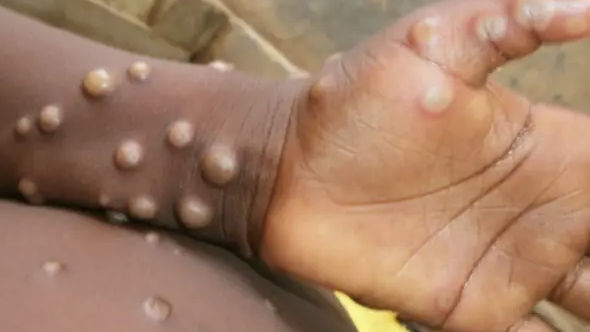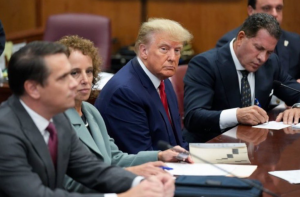World Health Organisation chief Tedros Adhanom Ghebreyesus on Saturday declared that the expanding monkeypox outbreak in more than 70 countries is an “extraordinary” situation that qualifies as a global health emergency.
A global health emergency is WHO’s highest level of alert but the designation does not necessarily mean a disease is particularly transmissible or lethal. Similar declarations were made for the Zika virus in 2016 in Latin America and the ongoing effort to eradicate polio, in addition to the COVID-19 pandemic and the 2014 Ebola outbreak in West Africa.
Also read: What is monkeypox? All you need to know
“We have an outbreak that has spread around the world rapidly through new modes of transmission, about which we understand too little,” Tedros said. “I know this has not been an easy or straightforward process and that there are divergent views.”
WHO’s emergencies chief, Dr. Michael Ryan, said the director-general declared monkeypox a global emergency to ensure that the world takes the current outbreaks seriously.
Also read: WHO declares monkeypox a global emergency after outbreak in over 70 nations
Although monkeypox has been established in parts of central and west Africa for decades, it was not known to spark large outbreaks beyond the continent or to spread widely among people until May, when authorities detected dozens of epidemics in Europe, North America and elsewhere.
Last month, WHO’s expert committee said the monkeypox outbreak did not yet amount to an international emergency, but the panel convened this week to reevaluate the situation.
Also read: Second monkeypox case in India: All you need to know
According to the US Centres for Disease Control and Prevention, more than 16,000 cases of monkeypox have been reported in 74 countries since about May. To date, monkeypox deaths have only been reported in Africa, where a more dangerous version of the virus is spreading, mainly in Nigeria and Congo.
In Africa, monkeypox mainly spreads to people by infected wild animals like rodents in limited outbreaks that typically have not crossed borders. In Europe, North America and elsewhere, however, monkeypox is spreading among people with no links to animals or recent travel to Africa.
Recently, Britain downgraded its assessment of monkeypox after seeing no signs of widespread transmission beyond men who are gay, bisexual or have sex with other men and noting the disease does not spread easily or cause severe illness.
Also read: Monkeypox in India: How Kerala is working to prevent infection spread
The US Centres for Disease Control and Prevention said it was “supportive” of WHO’s emergency declaration and hoped it would galvanise international action to stamp out the outbreaks. The US has reported more than 2,800 monkeypox cases and sent more than 370,000 vaccine doses to US states reporting cases.
Monkeypox is endemic in parts of Africa, but this year more than 15,000 cases have been reported in countries that historically don’t see the disease. In the U.S. and Europe, the vast majority of infections have happened in men who have sex with men, though health officials have stressed that anyone can catch the virus.
Also read: Monkeypox India guidelines refresher as first case reported in Kerala
In addition to the two paediatric cases, health officials said they were aware of at least eight women among the more than 2,800 US cases reported so far.
While the virus has mostly been spreading among men who have sex with men, “I don’t think its surprising that we are occasionally going to see cases” outside that social network, the CDC’s Jennifer McQuiston told reporters Friday.
Officials have said the virus can spread through close personal contact, and via towels and bedding. That means it can happen in homes, likely through prolonged or intensive contact, said Dr. James Lawler, an infectious diseases specialist at the University of Nebraska Medical Centre.







